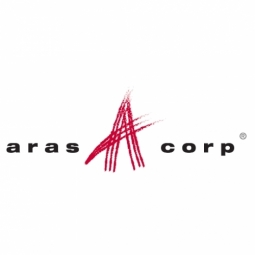Aras Corp
Case Studies
IWT's Transformation: Customizing with Efficiency in IoT
Overview
 |
IWT's Transformation: Customizing with Efficiency in IoTAras Corp |
Functional Applications - Manufacturing Execution Systems (MES) Platform as a Service (PaaS) - Application Development Platforms | |
Life Sciences Pharmaceuticals | |
Product Research & Development Quality Assurance | |
Additive Manufacturing Manufacturing Process Simulation | |
System Integration Training | |
Operational Impact
| The implementation of the Aras Innovator platform has brought about significant operational improvements for IWT. The ECO state is now constantly monitored, and release priorities are managed based on the business needs. Delays due to poor planning of ECO priorities have virtually disappeared. The company has also seen a significant reduction in information requests. When requests do occur, they have changed from “Can you answer this question for me?” to “Can you help me understand the information I found in Aras?” This shift indicates that employees are finding the information they need more readily available and easier to understand. Furthermore, when the COVID pandemic hit, the company was able to make the ECO release process completely paperless, enabling those working remotely to continue without missing a beat. | |
Quantitative Benefit
| Design activities reached normal operations within two weeks of going live | |
| Production engineering reached normal operations within four weeks | |
| 25,000 parts were processed in a single year with additional product data, increased flexibility in the MBOM management, and no increase in the workload | |


